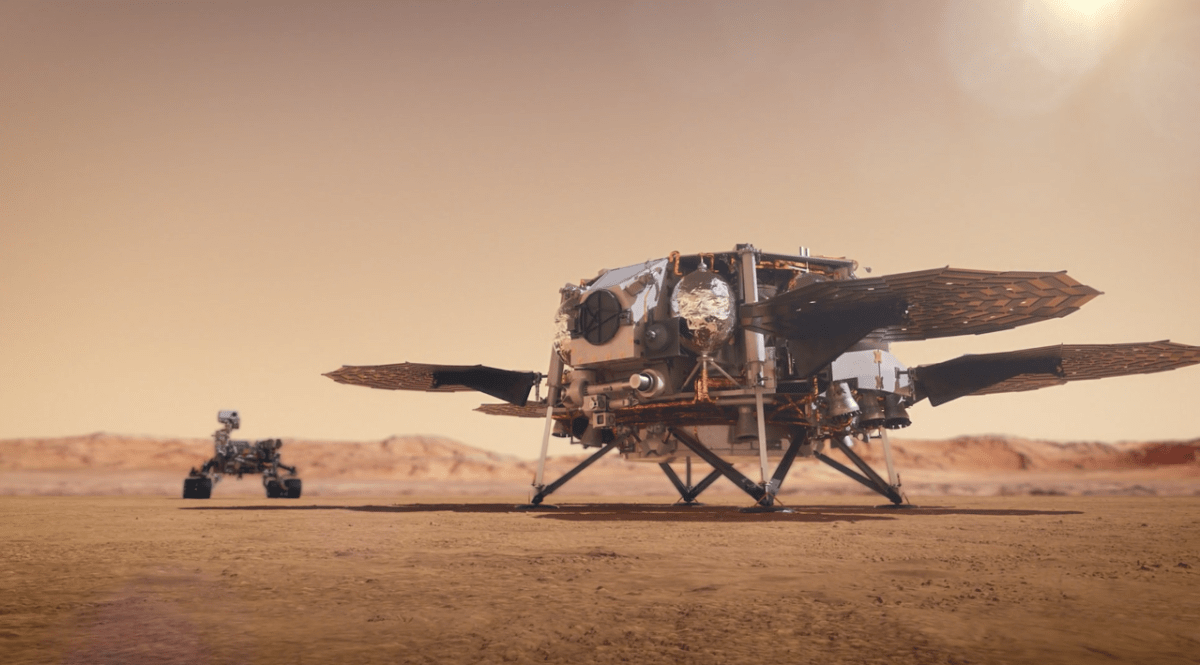NASA Administrator Bill Nelson recently stated that the agency’s $11 billion, 15-year mission to collect and return samples from Mars is considered insufficient. This change in strategy opens up opportunities for space startups, as a significant portion of the planned funding is likely to be redirected to them.
During a press conference, Nelson emphasized the need for affordability and a quicker timeline for sample return, leading to the decision to involve commercial providers from the start.
The Mars Sample Return mission, which was still in the planning stages, faced challenges that made the 2040 completion date and $11 billion cost projection unrealistic. Therefore, NASA is now seeking industry proposals to achieve sample return in the 2030s at lower costs and complexity.
This announcement presents a monumental opportunity for both established companies and space startups with interplanetary capabilities. Companies like Intuitive Machines, known for their private lunar landing, are poised to compete for potential multi-billion-dollar contracts.
The involvement of commercial space companies could lead to more efficient use of resources compared to traditional methods. Launch companies, including Blue Origin, Rocket Lab, and SpaceX, are ready to support the mission with their advanced heavy launch vehicles.
Adapting to the evolving landscape of space exploration, NASA is acknowledging the need to leverage commercial advancements. While past plans may no longer be viable, repurposing existing knowledge and partnering with commercial entities can lead to a leaner and more achievable Mars program.
The shift towards commercial collaboration signals a new era where ambitious space missions are driven by a diverse industry ecosystem. Although specific plans are yet to be finalized, the promise of reallocating resources towards innovative strategies underscores NASA’s commitment to embracing commercial services and technologies.
This recalibration mirrors the success of the Commercial Lunar Payload Services program, which catalyzed the development of new vehicles and spacecraft. The revised Mars Sample Return mission is poised to ignite commercial interest in Mars exploration and pave the way for future ventures to the red planet.


